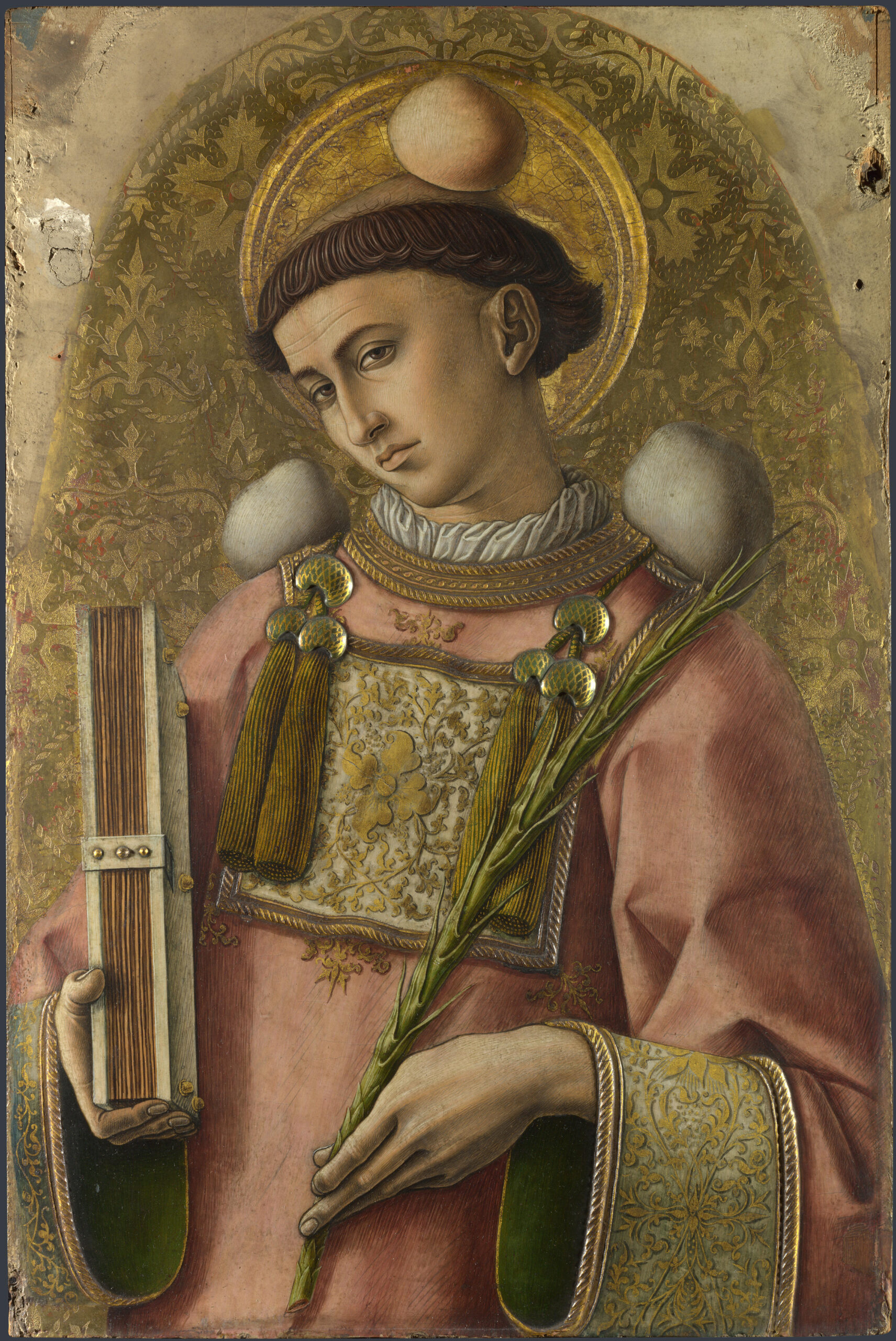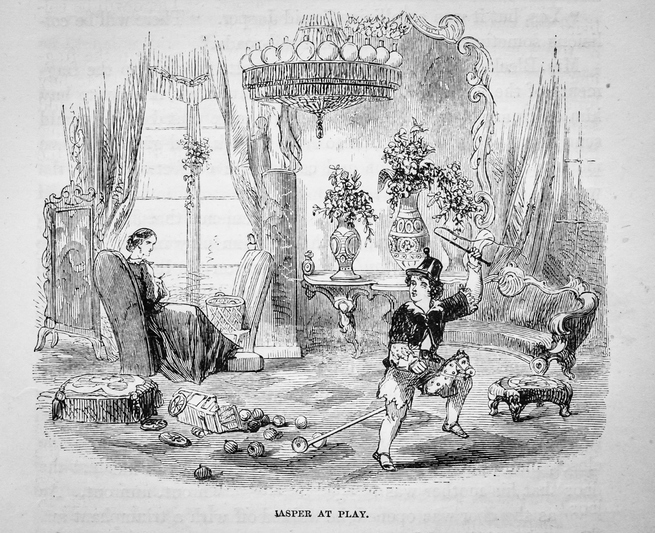December 26 is St. Stephen’s Day: A special day for horses
- November 6, 2025
- ⎯ Fran Jurga

[Note: This article was originally published on December 26, 2006.]
Today, December 26, is called “Boxing Day” in countries where British customs prevail. But for most of Europe, and formerly in Britain, the day after Christmas is the Feast of St. Stephen.
As you may recall from the Christmas carol, “Good King Wenceslas looked down/ On the Feast of Stephen.” Wenceslas was the duke of Bohemia in what is now the Czech Republic in the 10th century. Did you ever notice that, of all the Christmas carols, this one does not mention anything to do with Christianity? It was written for St. Stephen’s Day, not Christmas. And the kindly king in the carol exhibits the generosity of the legend of Saint Stephen.
What the carol does not tell you is that King Wenceslas was ultimately stoned to death, as was Saint Stephen.
For others, Saint Stephen comes to mind because of references in Grateful Dead lyrics. You’re on your own to interpret what that means!
The role of the horse
On this day, bakers in northern European countries traditionally baked bread in the shape of horseshoes, and the Finns threw coins into their horses’ water troughs. But for the horses themselves, the day might not be so pleasant. In ancient Germany, horses were sacrificed at Christmas. In other places, oats and hay would be blessed and special sanctified water and salt would be stored away for use later on sick horses. Meanwhile, in Poland, parishioners threw oats at their priests on St. Stephen’s Day.

Horses were decorated, paraded, taken into churches and even raced around the churchyard on this day. The origin of the term “hobby horse” is based on the Irish tradition of boys racing through village lanes on stick horses on St. Stephens Day. The “hobbies” were the ancient horses of Celtic Ireland.
St. Stephen, in legend, told the tale that his horse was ailing and that Christ cured the horse for him. In some places, tradition called for horses to be galloped relentlessly until exhausted on this day. They they were delivered to the farrier, who would “bleed” them to insure good health over the winter. “Bleeding a horse” involved just that: opening a vein and allowing a quantity of blood to be drained. This was a common practice in primitive veterinary medicine. And, when performed on a healthy horse, it was believed to ward off illness.
A racing connection
Today, Saint Stephen’s Day is an important day on the racing calendar in Ireland and Britain. I attended a very festive Boxing Day race meet in Tortola in the British Virgin Islands a few years ago. In England today, Kauto Star came one race closer to a one million pound bonus by winning the prestigious Grade 1 King George VI Chase (a hurdle race at Kempton Park) by eight lengths. The Cheltenham Gold Cup would be next for him [Ed: He went on to win it twice, in 2007 and 2009. ] And here in the USA, Santa Anita race track in California began its winter meet with an encouraging crowd of more than 30,000 racing fans.
Wenceslas would have a lot to smile about today.





